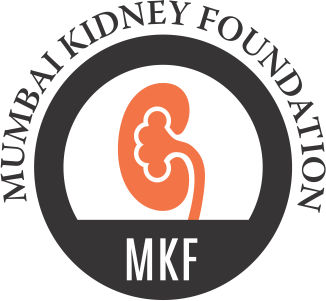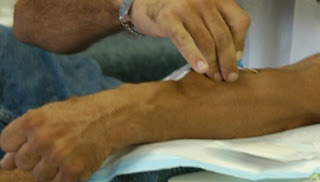What is Palliative Care?
The World Health Organization defines palliative care as ‘an approach that improves the quality of life of patients and their families facing the problems associated with life-threatening illness, through the prevention and relief of suffering by means of early identification and impeccable assessment and treatment of pain and other problems, physical, psychosocial and spiritual.’
It is important to remember that palliative care is not exclusively applicable to patients with cancer, rather to all diseases which are life-threatening and progressive. It is the care of patients as well as their families by a multiprofessional team, including doctors, nurses, therapists, social workers, religious advisers, counsellors, volunteers. It includes rehabilitation and psychosocial support.
Palliative care :
- Is concerned with healing rather than curing
- Affirms life and regards dying as a normal process
- Neither intentionally hastens nor intentionally postpones death
- Is ‘low-tech and high-touch’
- Is patient- centred rather than disease-centred
- Offers a support system to let patients live as actively as possible till death
- Offers a support to families to cope with the patients illness and later, bereavement
- Is applicable early in the course of illness, in conjunction with other medical or surgical therapies as applicable to the patient
- Focuses in the quality of life, i.e., ’adding life to their days, not days to their life’
Quality of Life in Illness
Quality of life relates to an individual’s subjective satisfaction with life, and is influenced by all aspects in a person’s life: physical, psychological, social and spiritual. In any prolonged and progressive illness, the quality of life is bound to be affected as the aspirations of an individual continue to fall short of present experience. At this point of time, palliative care aims to narrow the gap between aspirations and what is possible. Both the patient and the doctor must come together to create a roadmap of expectations and wishes and how to fulfil them. Many practitioners use QoL questionaires for the same. It is also important to encourage open discussion between patients and doctors in order to understand their fears and hopes.
What can I expect from the Palliative care team?
Palliative care may be helpful to you if you or a family member suffer from pain, discomfort or any other stress from a serious illness. You may be referred to a palliative care physician or you may choose to visit one yourself. You can take the help of a palliative care team at any stage of your illness and you can take it along with other potentially curative treatment too. People of all ages including children can have palliative care. Illnesses may include cancer, heart disease, lung disease, chronic kidney disease, Alzheimer’s, Parkinson’s and many others.
The palliative care team usually works in partnership with your doctor and provides an additional layer of support. You can get help with symptom relief, expert pain management and improvement of quality of life. The team can also help with carer support, support groups for illnesses, depression in patients and caregivers and physical therapy. It can help patients maintain independence and be able to pursue their daily activities for longer. Counsellors are at hand to discuss any issues you or the family might have.
As a disease progresses, the needs of the patient change. For patients who require end of life care, palliative care helps with many symptoms that crop up towards this time, including loss of appetite, extreme fatigue, pain, shortness of breath and many more. Many families and patients treasure time spent with each other during the last days of an illness and can continue to do so if helped with management of these problems at home itself. With palliative care you can avoid unnecessary emergency visits and hospital stays.
Palliative teams operate on an outpatient and inpatient basis along with a home care team. Inpatient services are available for respite care (short term care designed to provide relief to the caregiver), urgent symptom management and for end of life care. The home care team does regular home visits to ensure comfort of the patient, monitor or change medications if necessary, and for small procedures like changing urine catheters or feeding tubes.







